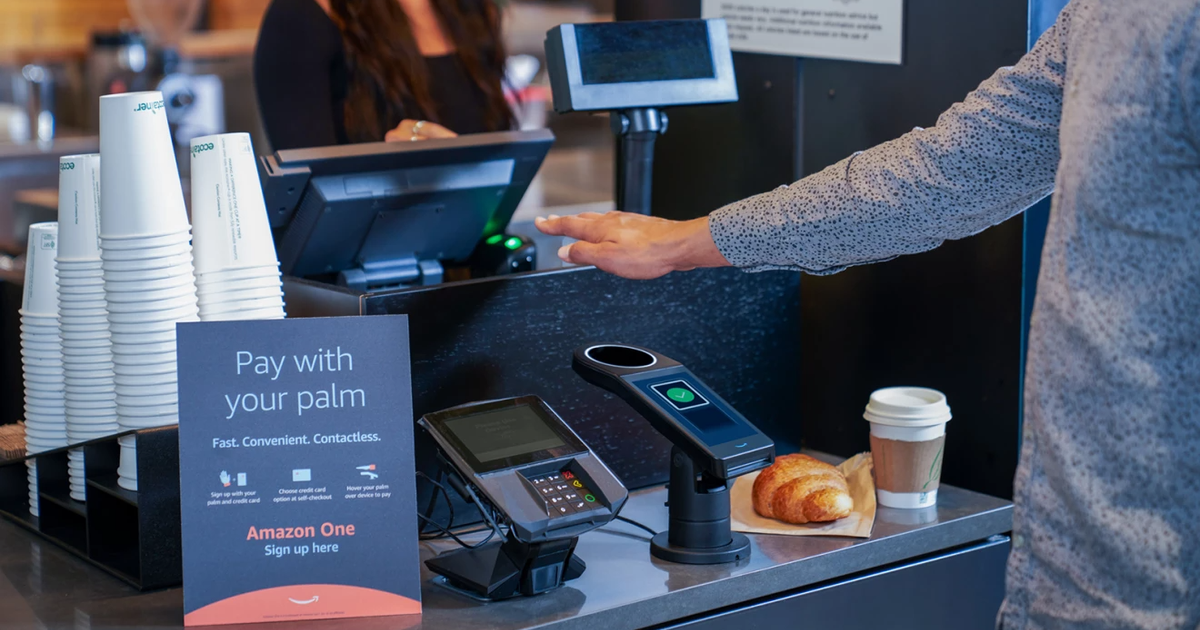In Mexico there are 126 million mobile lines registered at the end of 2020. Galo Cañas / Galo Cañas
In order to have access to a mobile phone line, Mexicans will have to hand over almost all of their personal data to the government and phone companies.
In addition to a simple copy of an identification, now they will have to register fingerprints, photographs of the face and detailed data of the user's address.
Everything to be able to communicate.
This Tuesday, the Mexican Senate approved, by a very close vote, the creation of a National Register of Mobile Telephone Users, which will force the delivery of biometric data in order to have access to cellular communication.
✅ With 54 votes in favor, 49 against and 10 abstentions, it is approved in general and the non-reserved articles of the opinion that reforms the Federal Law of Telecommunications and Broadcasting, to create the "National Register of Mobile Telephone Users".
- Senate of Mexico (@senadomexicano) April 13, 2021
In its justification, the Legislature has indicated that there is a black market for cellular equipment that is used to extort money and commit other types of crimes, such as kidnapping.
"There is no evidence that SIM card registrations (for the use of the mobile line) contribute to the reduction of crimes", says in an interview Luis Fernando García, director of the Network in Defense of Digital Rights (R3D).
The idea of having all the Mexican data in a large database is not new, but it is the first time that it has been done in such an ambitious way.
In 2008, the National Registry of Telecommunications Users (Renaut) was created, which was rejected in 2011 by the Government of Mexico due to the almost null registry of users.
"It puts Mexico again on a list of authoritarian countries that requires citizens to provide their biometric data to access a mobile phone line," says García.
According to the organization, countries such as China, Saudi Arabia, the United Arab Emirates and Venezuela have a similar policy.
Putting data as sensitive as the faces, fingerprints or voice records of Mexicans in a database is risky, according to specialists consulted by EL PAÍS.
For a decade, it is possible to buy the personal data registry of banking institutions or organizations such as the National Electoral Institute (INE), for sale on various Internet pages.
"You can change your passwords, but you can't change your fingerprints or your face," says Garcia.
Telephony to communicate, not to steal
Until 2019, the National Telecommunications Association (Anatel), which groups together the main mobile phone operators in Mexico, has a record of 815,512 complaints of stolen mobile equipment, in contrast to the almost 620,000 that were stolen the previous year.
"With this law it is promoted that more cell phones are stolen by not being able to register them and therefore, that there is more crime because most of the lines are not used for crimes", says Gabriel Székely, president of Anatel.
According to data from the telecommunications consultancy The Competitive Intelligence Unit (CIU) at the end of 2010, there are almost 126 million registered mobile lines, which would have to be scrutinized by this registry in order to continue providing the service.
"It is stupid by the authorities, since it discourages users from communicating and using a mobile device because they cannot deliver the required data," says Gonzalo Rojón, director of analysis at The CIU.
According to the initiative document approved by the Mexican Senate, the telecommunications companies would be in charge of collecting and validating the information on the identity, biometric data and address of the user, as well as providing the information with which the registration and They will carry out the additions, cancellations and other movements associated with the telephone lines in this register.
"It has taken the INE many years to have a registry, it is illogical to think that with this initiative you can record 125 million data in two years," says Székely.
The standard deepens the digital divide
According to the latest report from the Federal Telecommunications Institute in Mexico, it has barely achieved 100% penetration of mobile services in the country.
However, of the registered lines, about 6% of users have two or more lines.
"And if you can't or don't want to register your data, will they disconnect you?"
asks Rojón, from The CIU.
For Efrén Páez, analyst at the firm Digital Policy & Law, this registry conditions the digital footprint of users who already have a line.
"If it is mandatory, users will have to deliver it so as not to lose a connection that is already vital for most," he says.
According to the experts consulted, both individuals and companies could undertake various protection processes to prevent their biometric data from being used.
"We hope that it reaches the Supreme Court," says Garcia, from R3D.
The right to communication, as well as the presumption of innocence, are some of the individual guarantees that this registry could compromise.
And despite all the arguments against the violation of #DDHH and the restriction of freedoms that the Register implies, the majority of @MorenaSenadores and allies rejected all the arguments I made, including the position of @RicardoMonrealA in 2011 against # RENAUT.
1/3 pic.twitter.com/WkCFYUAbfK
- Emilio Álvarez Icaza Longoria (@EmilioAlvarezI) April 13, 2021
Subscribe here
to the
newsletter
of EL PAÍS México and receive all the informative keys of the current situation of this country











/cloudfront-eu-central-1.images.arcpublishing.com/prisa/KMEYMJKESBAZBE4MRBAM4TGHIQ.jpg)



